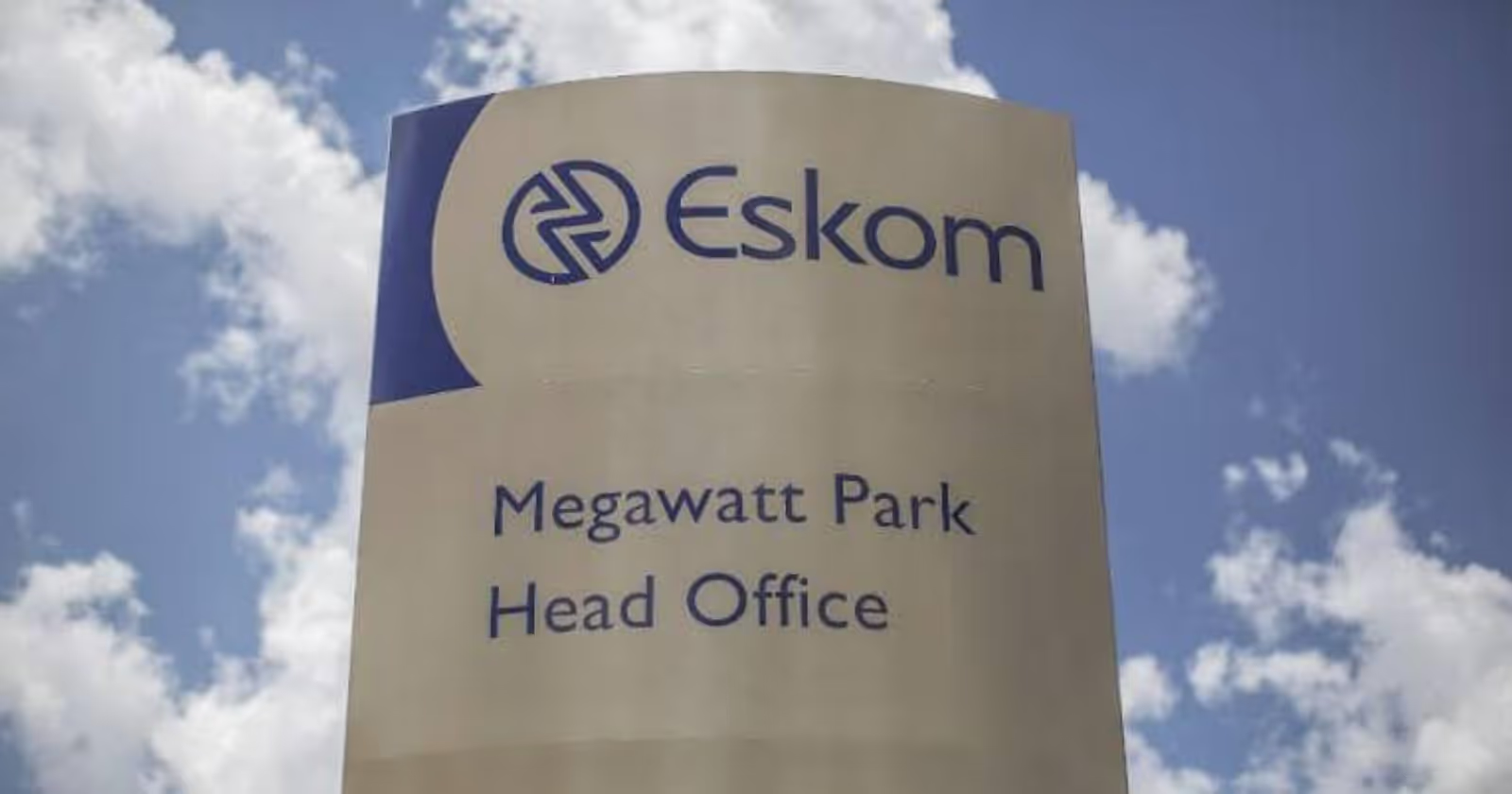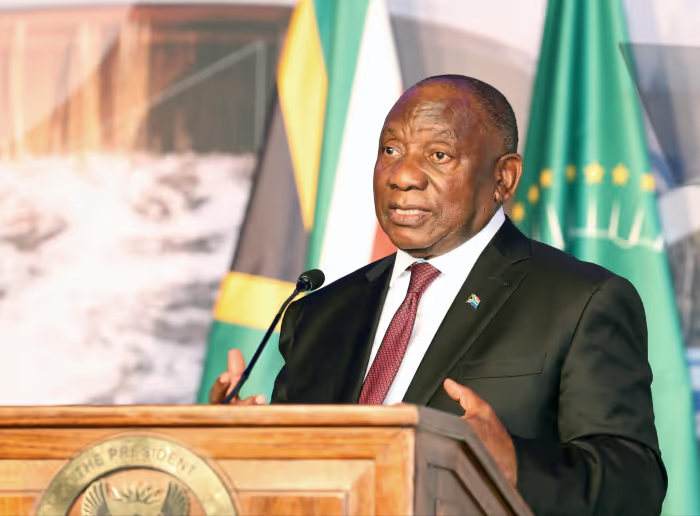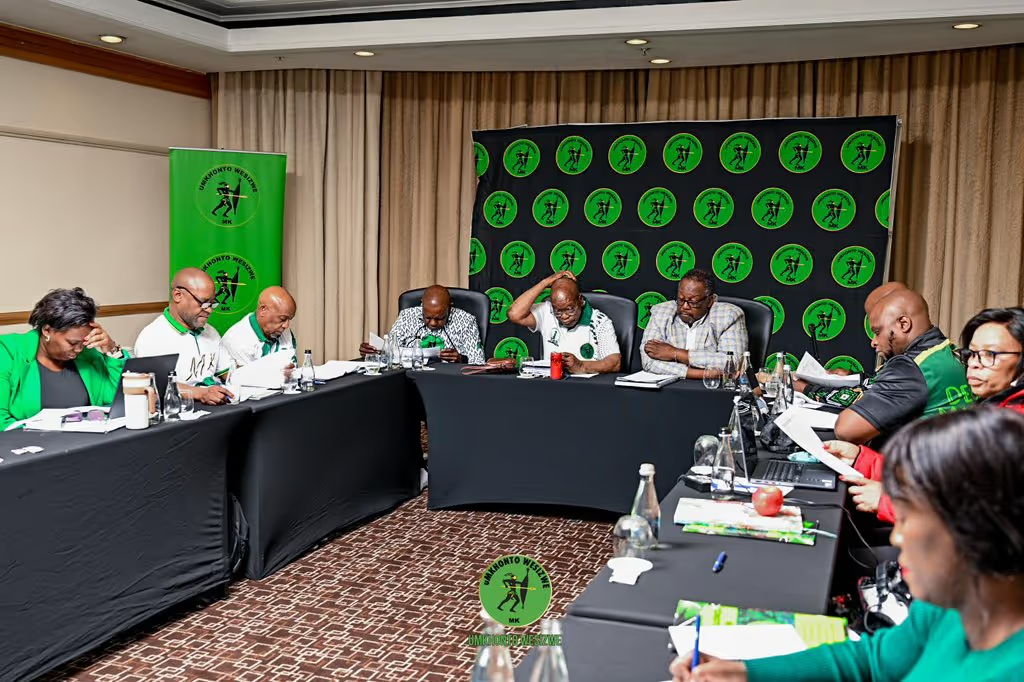On Wednesday, Eskom’s 12th CEO Andre de Ruyter left the struggling parastatal with immediate effect, while serving notice, after he resigned in December 2022. This morning, Eskom announced the appointment of an interim CEO Calib Cassim who has been with the parastatal for 20 years and was the Chief Financial Officer.
LEADERSHIP CRISIS
Things changed rapidly at Eskom from when Thulani Gcabashe was CEO, who was at the helm for seven years and left in 2007. The instability at Eskom saw the power utility in the next thirteen years having twelve CEOs, interim CEOs and acting CEOs. This instability took its toll on the company; regular load-shedding, corruption, and mounting debt has what has defined Eskom between 2008 and 2023.
JACOB MAROGA: 2007 - November 2009
Maroga was the CEO when Mzansi experienced their first ever power cuts late in 2007. Maroga reportedly offered to resign with immediate effect after he allegedly had a disagreement with the board of directors in October 2009. Maroga later denied offering to resign and took the power utility to court to be reinstated to his position, but he lost the case at the South Gauteng High Court. It was also reported at the time that the then President, Jacob Zuma, had interfered in the processes but his office denied the allegations.
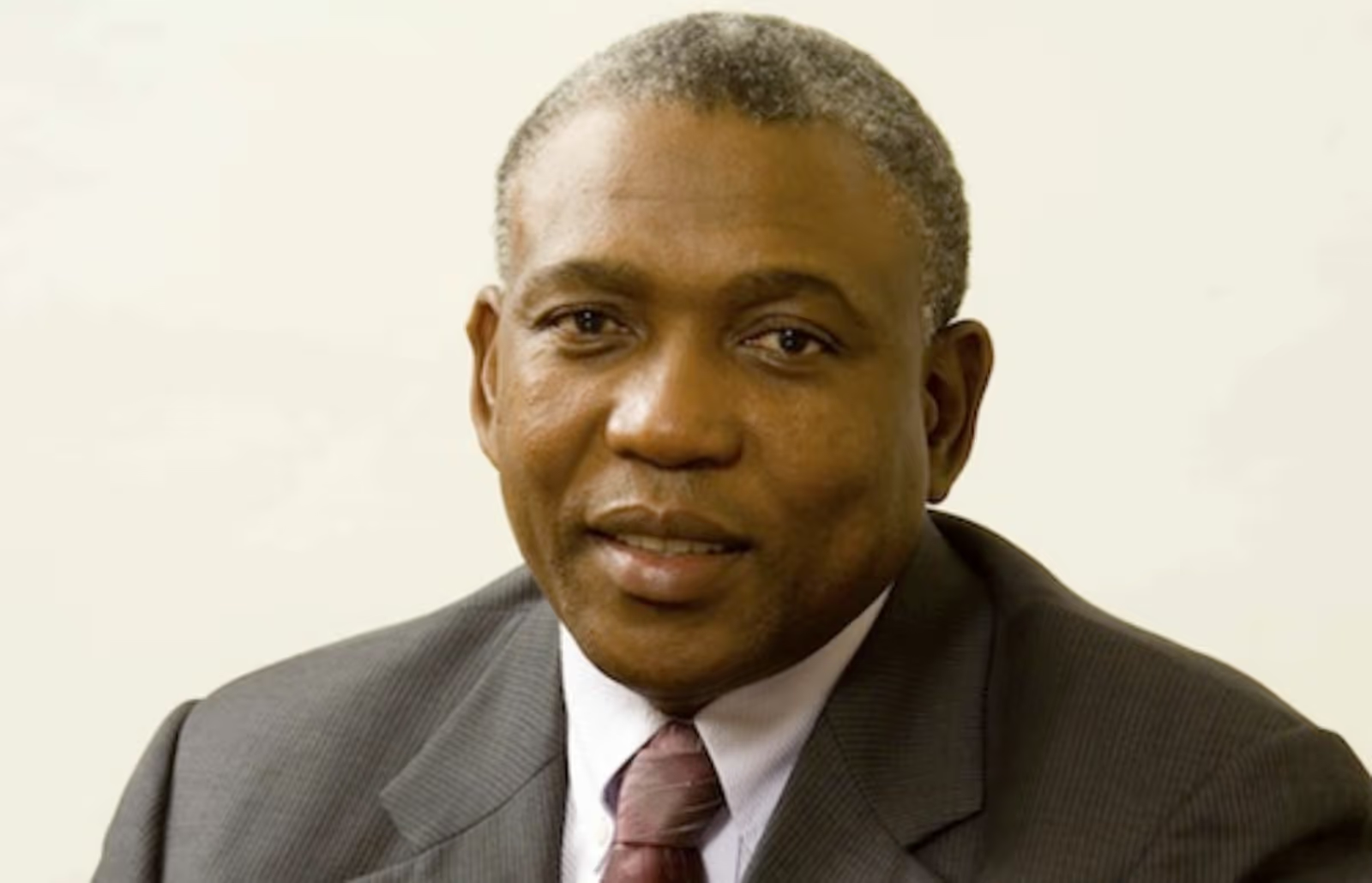
MPHO MAKWANA:November 2009-June 2010
Makwana was appointed in November 2009 as an acting CEO after Maroga’s resignation. He served the utility for seven months as Eskom was looking for a permanent CEO, he was also a board chair at the time. Makwana was the CEO during the 2010 Fifa World Cup and made sure the lights were kept on during the event. He is currently Eskom Board Chairperson having been appointed by Public Enterprises Minister, Pravin Gordhan, last year September.
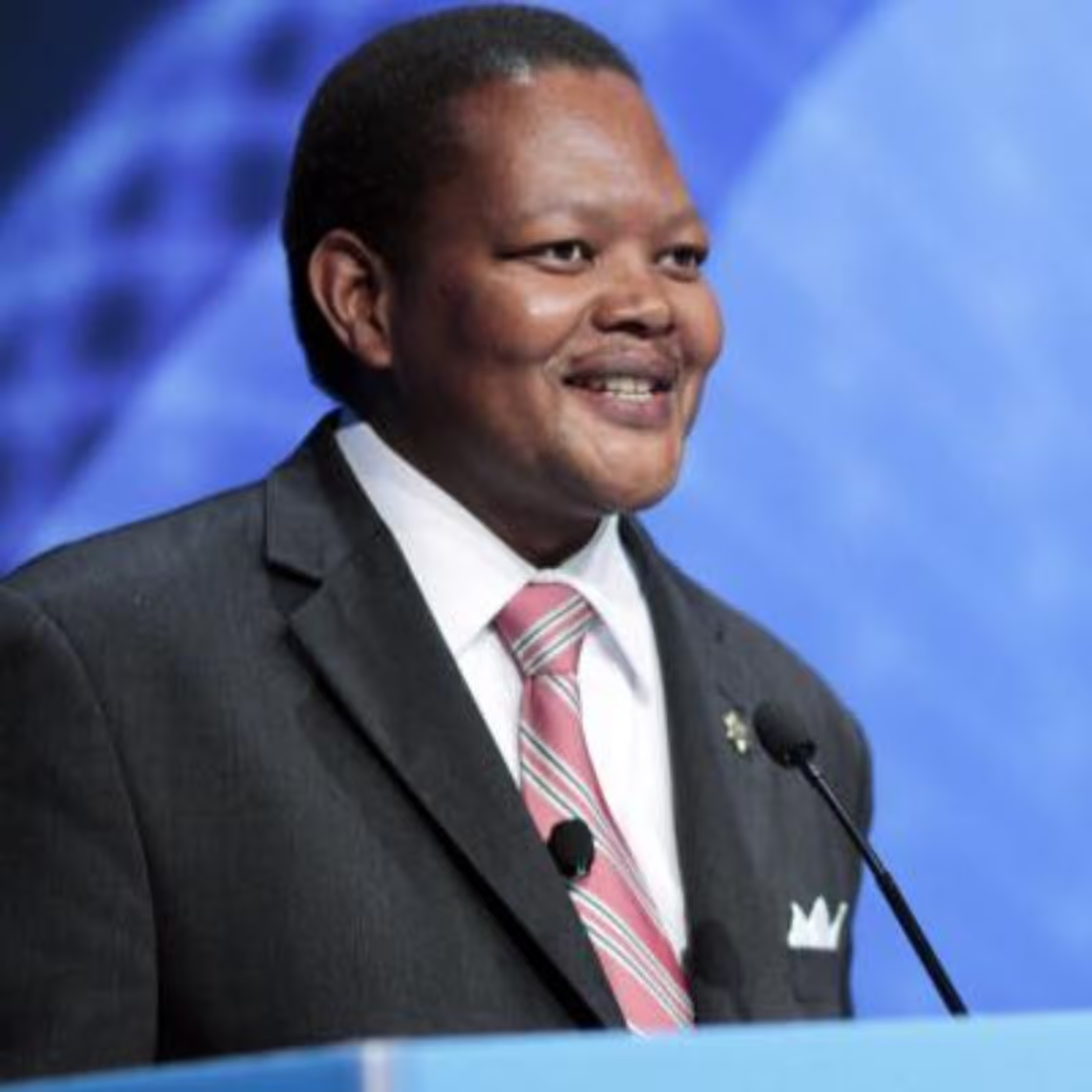
BRIAN DAMES: July 2010 to March 2014
Dames, who started his career at the power utility in 1987 after graduating, held various positions at Eskom as a nuclear physicist at Koeberg Nuclear station, power station manager and as a general manager at the nuclear division. He was appointed as CEO in July 2010 and held the fort until his resignation in December 2013 and served his notice until March 2014. Though he kept the lights on during his tenure, he left the utility at the time when the country’s power supply faced significant strains. At the time of his resignation, Dames said that he wanted to spend more time with his family.
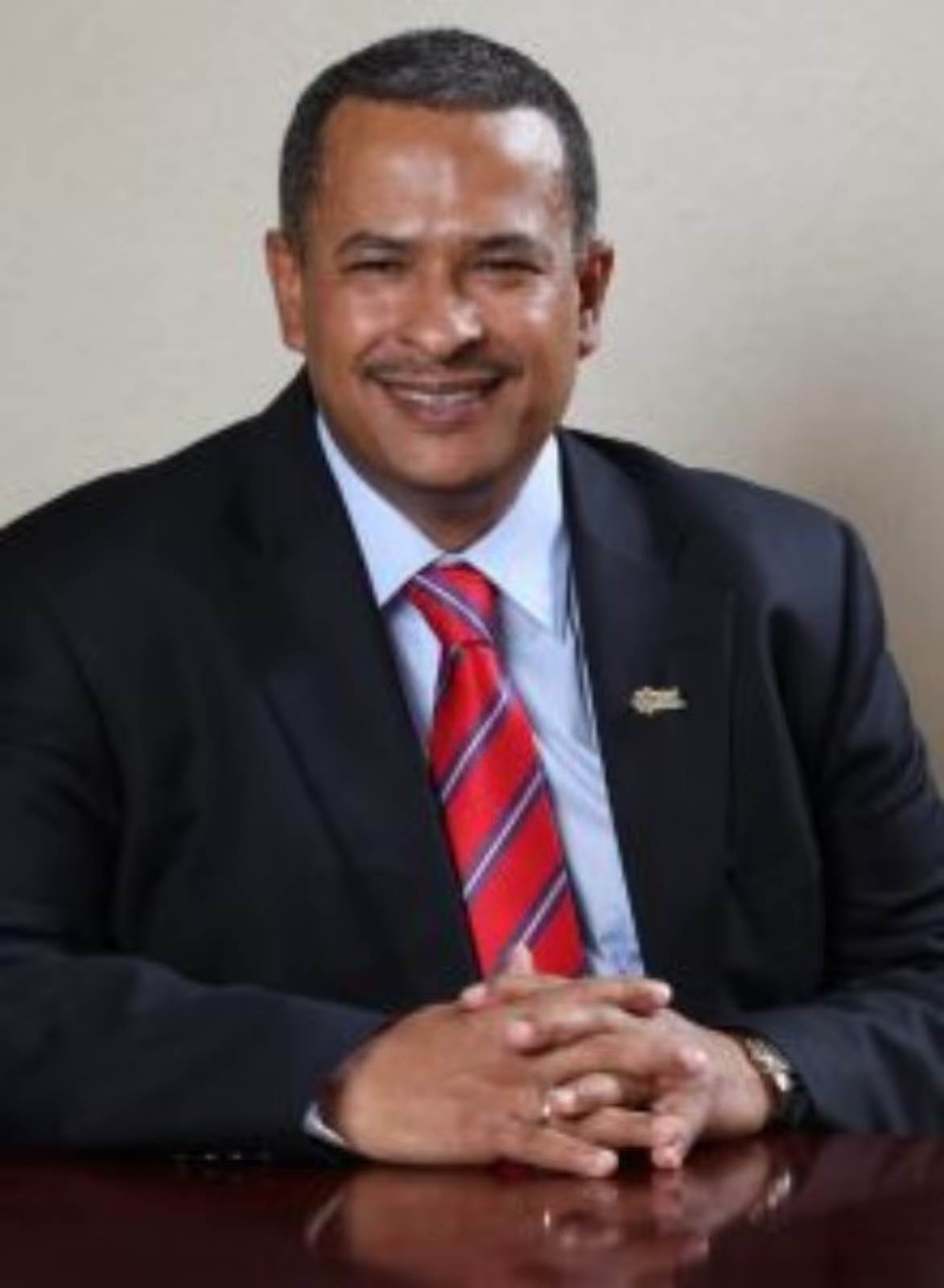
COLLIN MATJILA: October 2014 - March 2015
Collin Matjila was only an interim CEO for six months after the departure of former group CEO Brian Dames in March 2014. During his six months, Matjila was accused of breaking the power utility’s procurement rules, concluding deals with Gupta owned companies and Gupta associates. Former Eskom board chair Zola Tsotsi told the State Capture Commission that Matjila was not even meant to be a CEO.
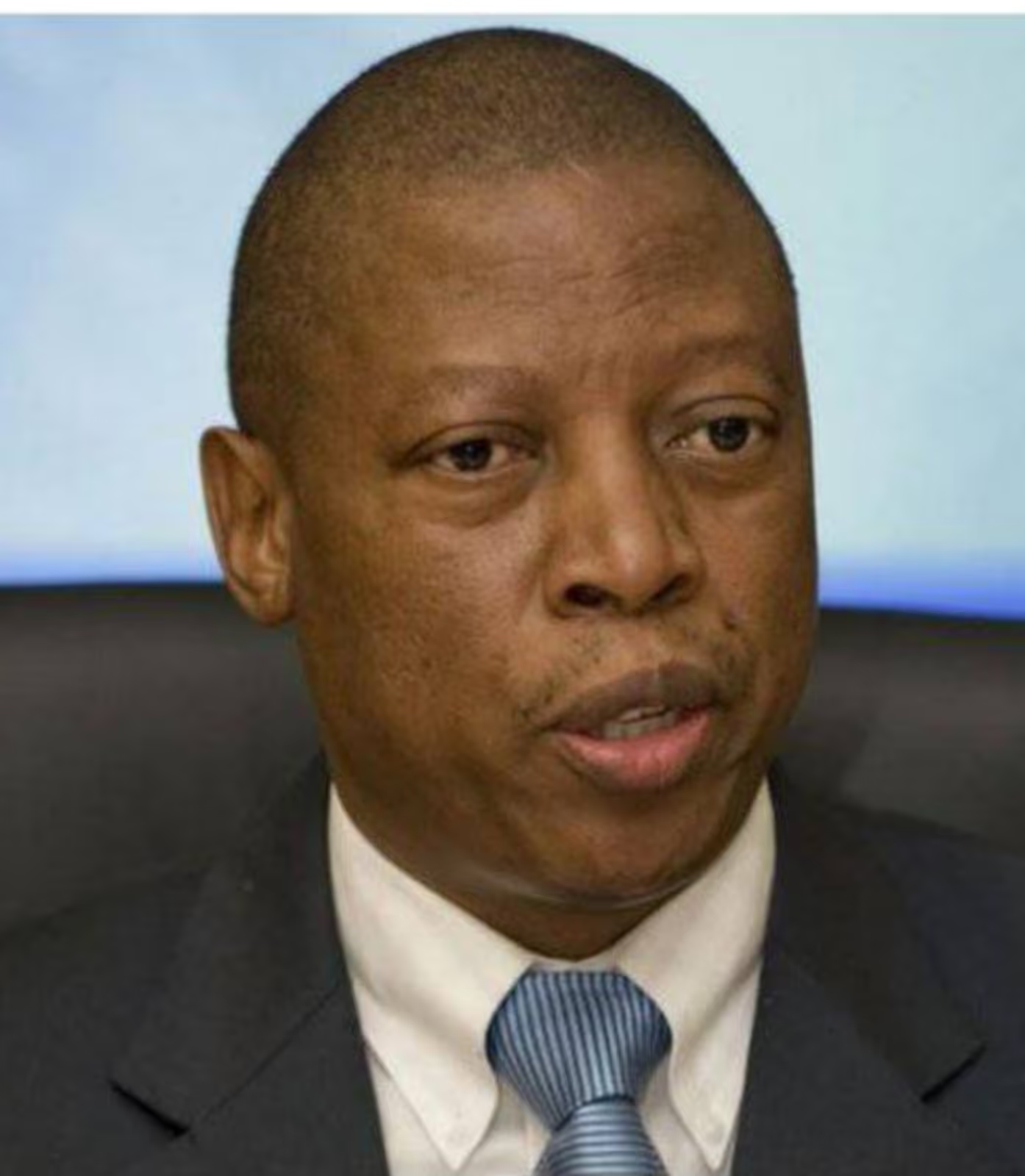
TSHEDISO MATONA: October 2014 - April 2015
Matona only served as Eskom CEO for only five months when he was abruptly suspended by the then Eskom chairman Zola Tsotsi. Tsotsi asked Matona and three other executives to step aside so that a fact-finding inquiry could go ahead. Matona initially challenged the suspension in the Labour Court, but later resigned in May 2015. During his stint at Eskom, a silo collapsed at Majuba Power Station, which resulted in the resurfacing of load shedding. Matona was later given a handshake by Eskom, but the power utility never disclosed how much his exit package was. “Eskom and its chief executive, Mr Tshediso Matona, have mutually agreed to part ways on an amicable basis. It is expressly noted that no misconduct or wrongdoing is alleged by Eskom against Mr Matona,” the utility said in a statement in 2015.
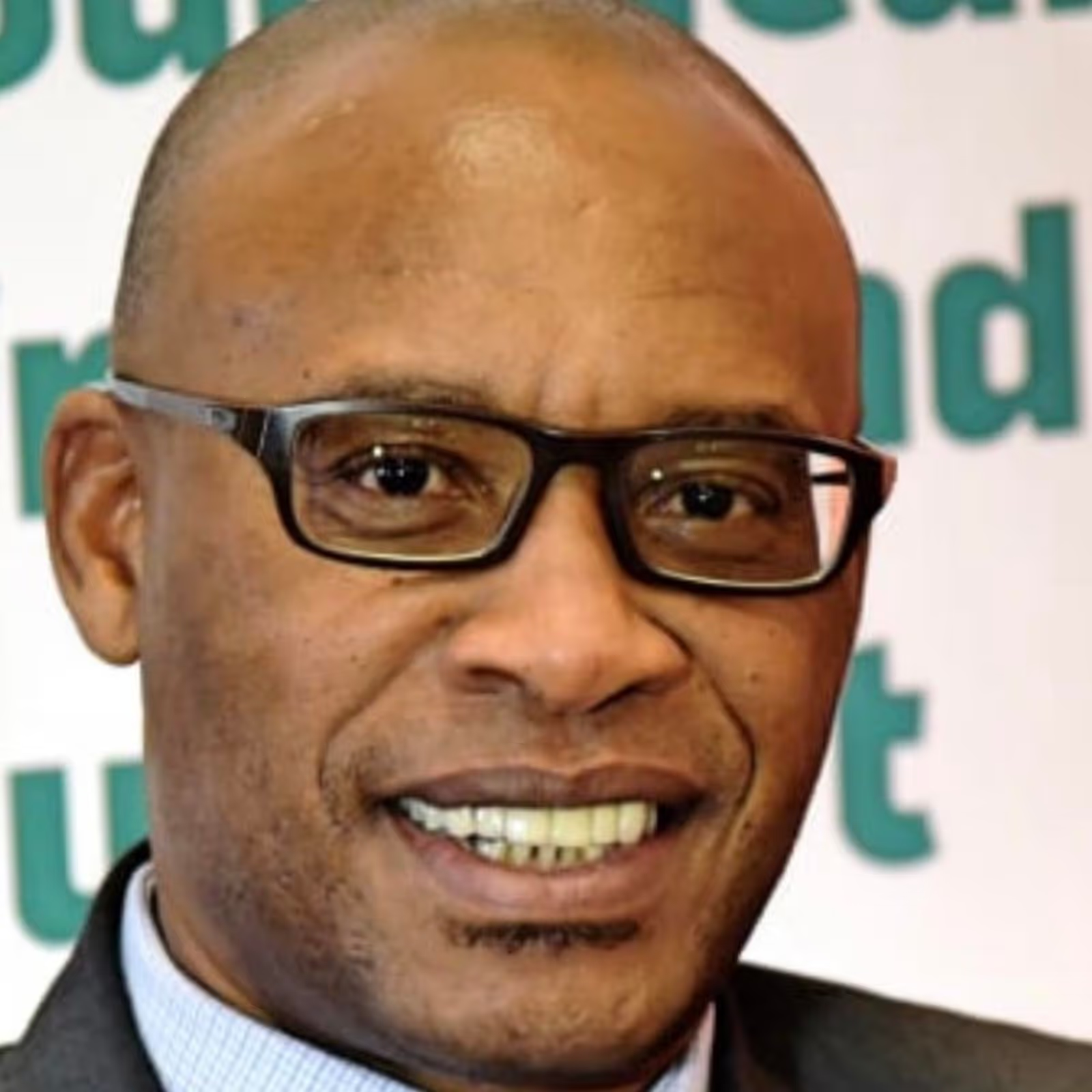
BRIAN MOLEFE: April 2015- November 2016
Molefe was a CEO at Transnet when he was transferred to Eskom as the CEO to address loadshedding. Molefe managed to keep the lights on during his tenure at Eskom, but he was implicated in the State Capture report. He left the utility after public outcry over his association with the Guptas, following a Public Protector’s State of Capture showing that Molefe and Ajay Gupta had made 58 telephone calls to one another between August 2015 and March 2016. In a statement announcing his resignation, Molefe said he was leaving the parastatal in the interests of good corporate governance. When he left, Molefe received R30 million from the Eskom Pension and Provident Fund. The court later found the payment unlawful and ordered that he paid the money back.
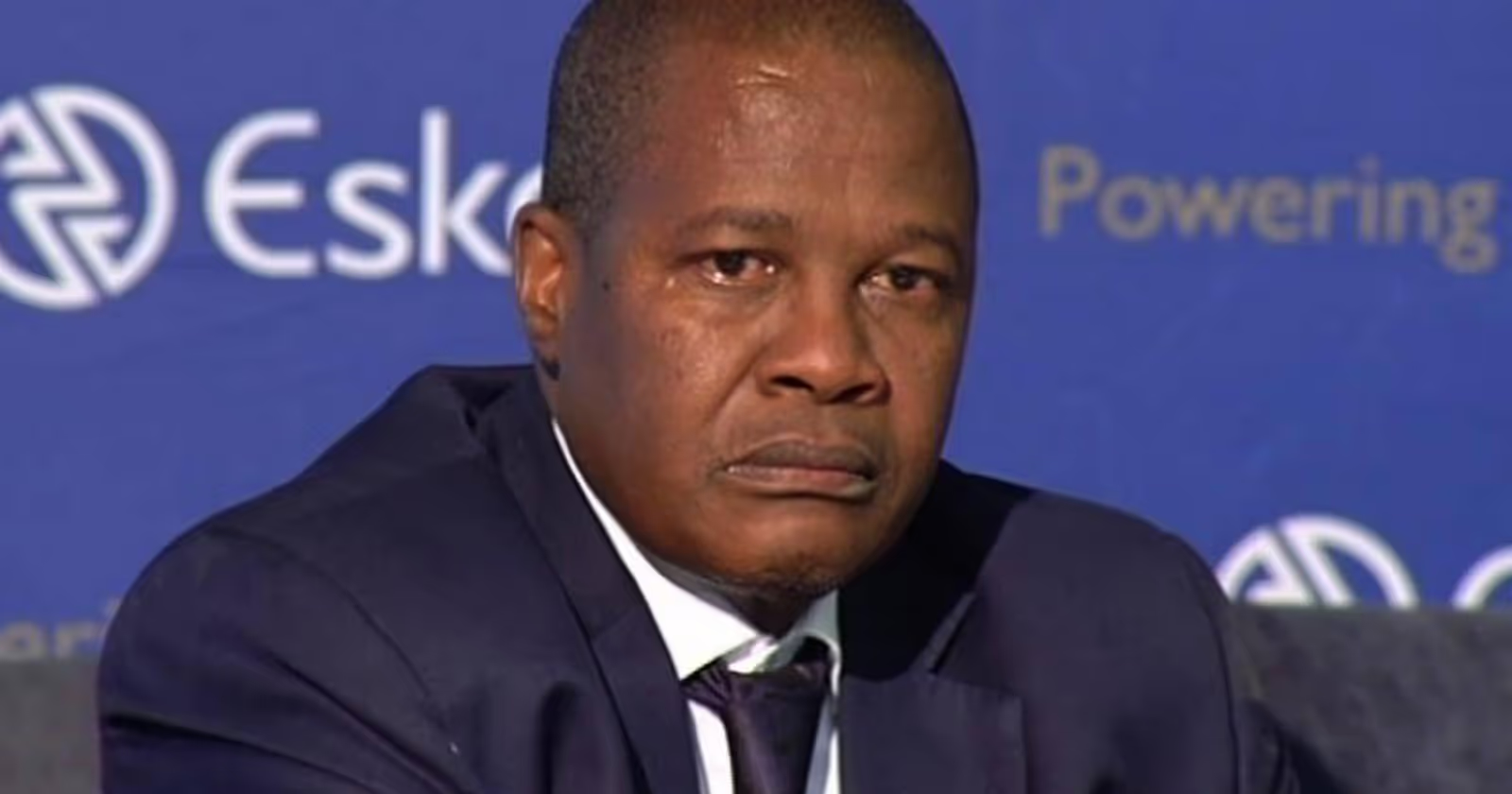
MATSHELA KOKO: December 2016 - May 2017
Koko had been with the power utility for over twenty years when he was appointed CEO after Brian Molefe’s resignation. His main task at the power utility was to recover debt owed by municipalities. Instead, Koko left Eskom in shambles and needing a lifeline. He was suspended from the power utility in 2017 and resigned in 2018. Koko, who was also named in the state capture report was arrested together with his wife, stepdaughter and five other family members facing charges of fraud, corruption and money laundering. The charges arise from alleged irregular contracts granted for the building of the Kusile Power Station, valued at over R2 billion.
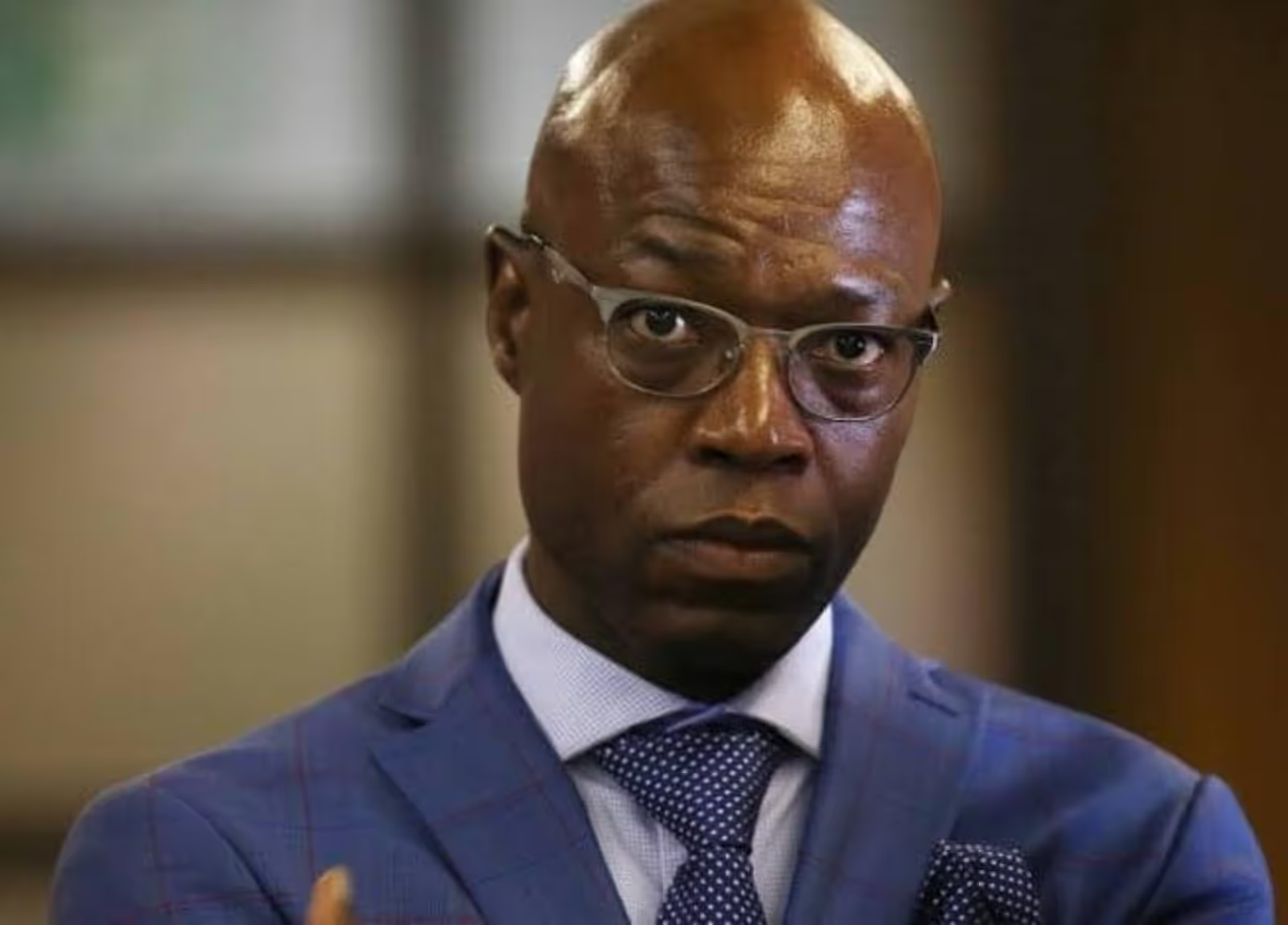
JOHNNY DLADLA: June -October 2017
Dladla was appointed as CEO during Matshela Koko’s suspension. He had been with the power utility for over 20 years, and he was the Chief Executive Officer of Eskom Rotek Industries at the time he was made interim CEO. During his short period as the CEO, Dladla submitted Eskom's accounts which showed that the utility incurred a R3 billion irregular expenditure bill and that it paid a Gupta-linked Trillian Group almost R500 million in consultancy fees. Dladla was removed as acting CEO Johnny Dladla and replaced by Sean Maritz, who at the time was Eskom group executive for information technology and chief information officer.
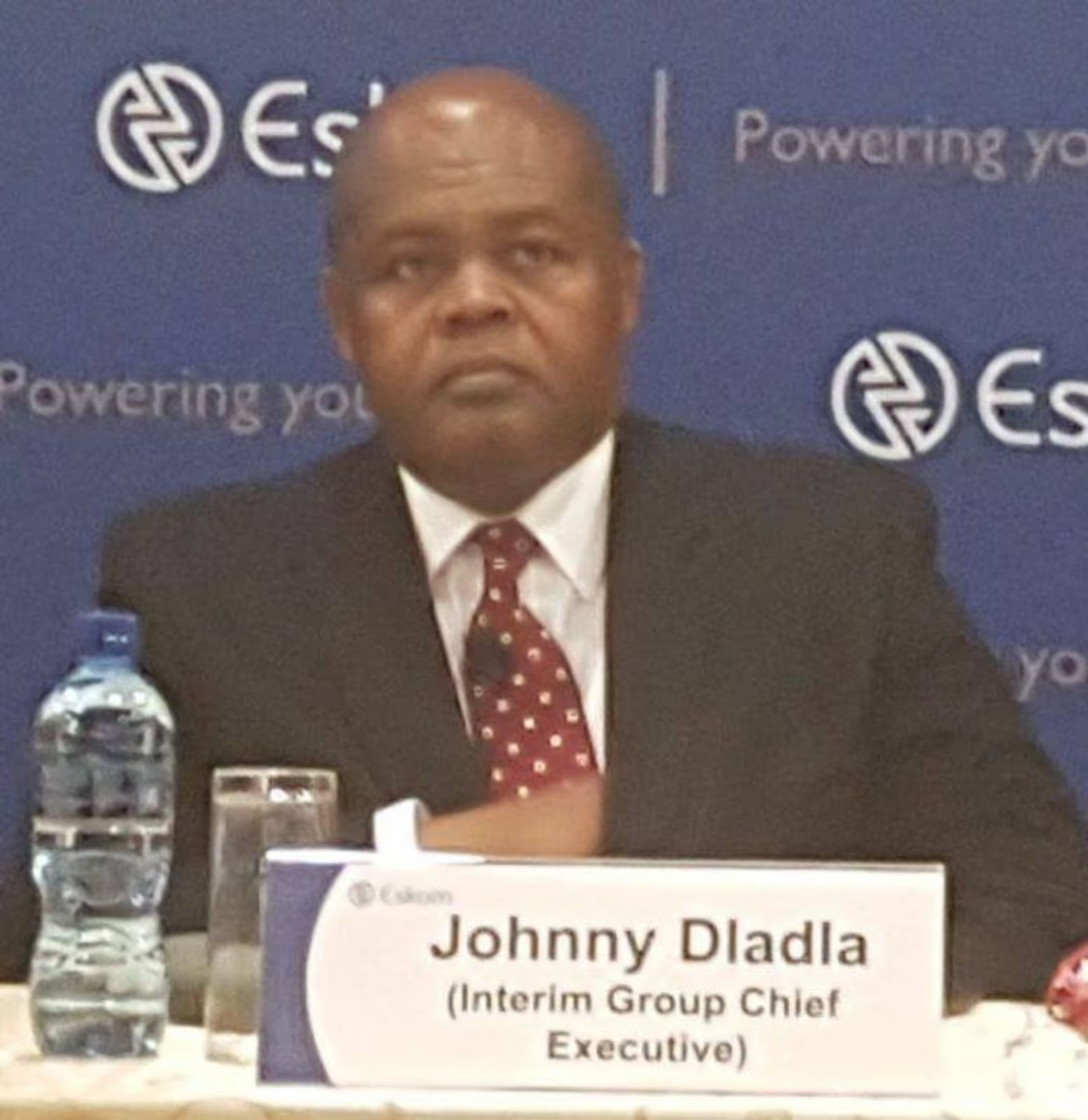
SEAN MARITZ: October 2017- January 2018
From the time he was appointed interim CEO, Maritz was embroiled in a scandal when it was found he hired a friend from his church and paid him a R100 000 monthly salary without declaring the friendship. He continued to face scrutiny for his role in signing off on a questionable R400m payment from the power utility to a Hong Kong bank account after Eskom secured a R25-billion loan from the Chinese company Huarong Energy Africa. He also wrote a letter to McKinsey & Company absolving it from paying back R1.6-billion, unlawfully paid to it and Trillian. Maritz was fired with immediate effect.
.avif)
PHAKAMANI HADEBE: January 2018- July 2019
Hadebe was at Eskom for over a year after being recommended by the board. Hadebe was appointed to lead the utility out of the swamp of corruption and the largest financial crisis it has ever faced. But, during his 12-month tenure at the power utility, Hadebe collapsed twice and said the job was taking a toll on his health. "The past 18 months have been challenging. The mandate that was given to the board was very simple: Deal with Eskom's weak financial position, declining revenue and governance failures which threaten the sustainability of the company. It was financial oversight, revenue issues and governance. We were unfortunately oblivious to the underlying factors," he said in a statement when he resigned.
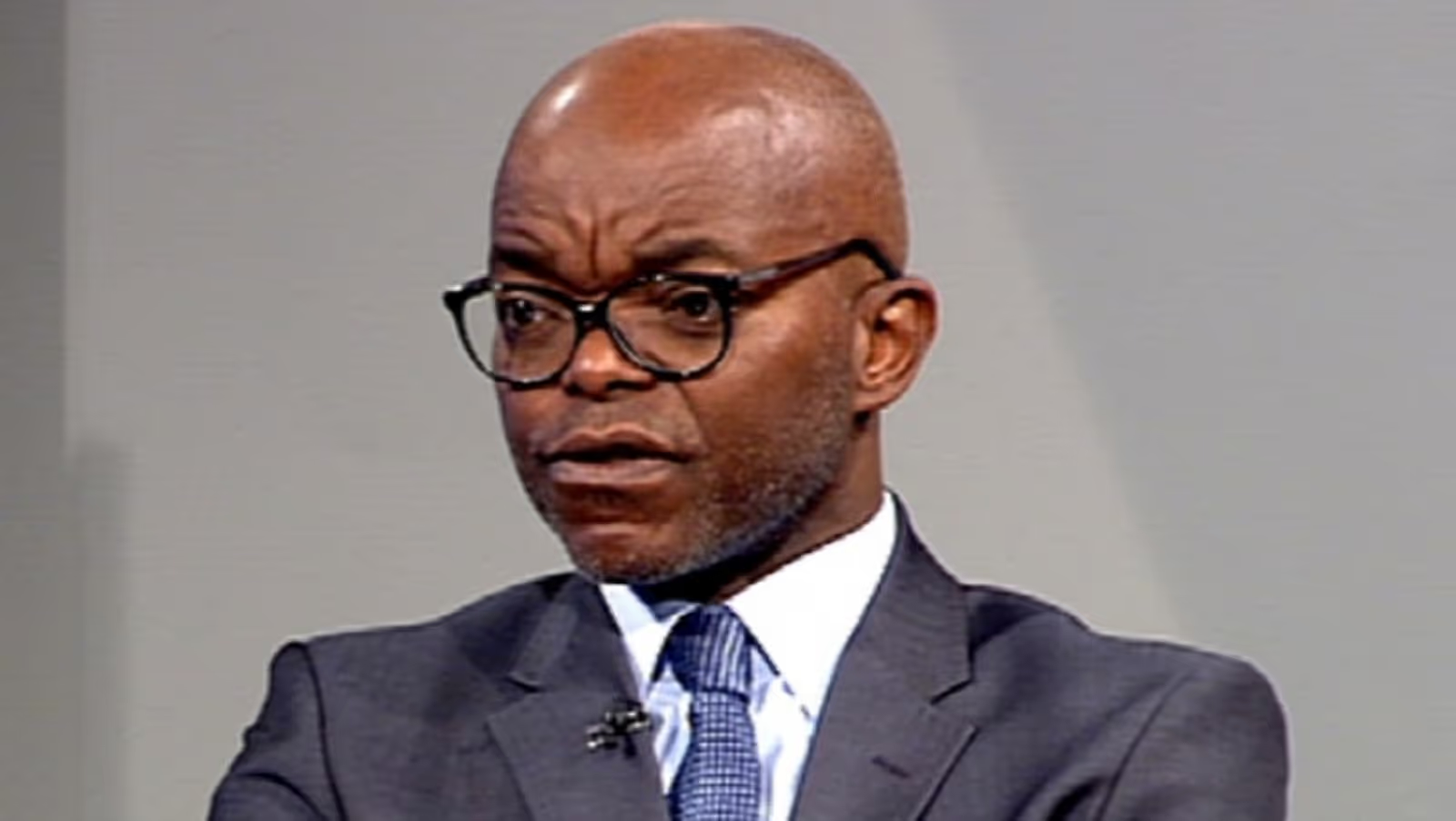
JABU MABUZA: August 2019- January 2020
Soon after Hadebe’s resignation, Eskom board member Jabu Mabuza was hire to act as the power utility’s CEO for three months to maintain stability at the parastatal until a permanent CEO was appointed. Mabuza was previously chairperson of Telkom, chairperson of South African Tourism and Business Leadership South Africa, chairperson of the Casino Association of South Africa and president of Business Unity South Africa. When leaving after five months at the helm at Eskom, Mabuza said he was taking accountability for Eskom’s fuilureto meet commitment it made to President Cyril Ramaphosa that they would be no loadshedding in the the last three months of him as acting CEO. He died in 2021 from Covid-19 complications.
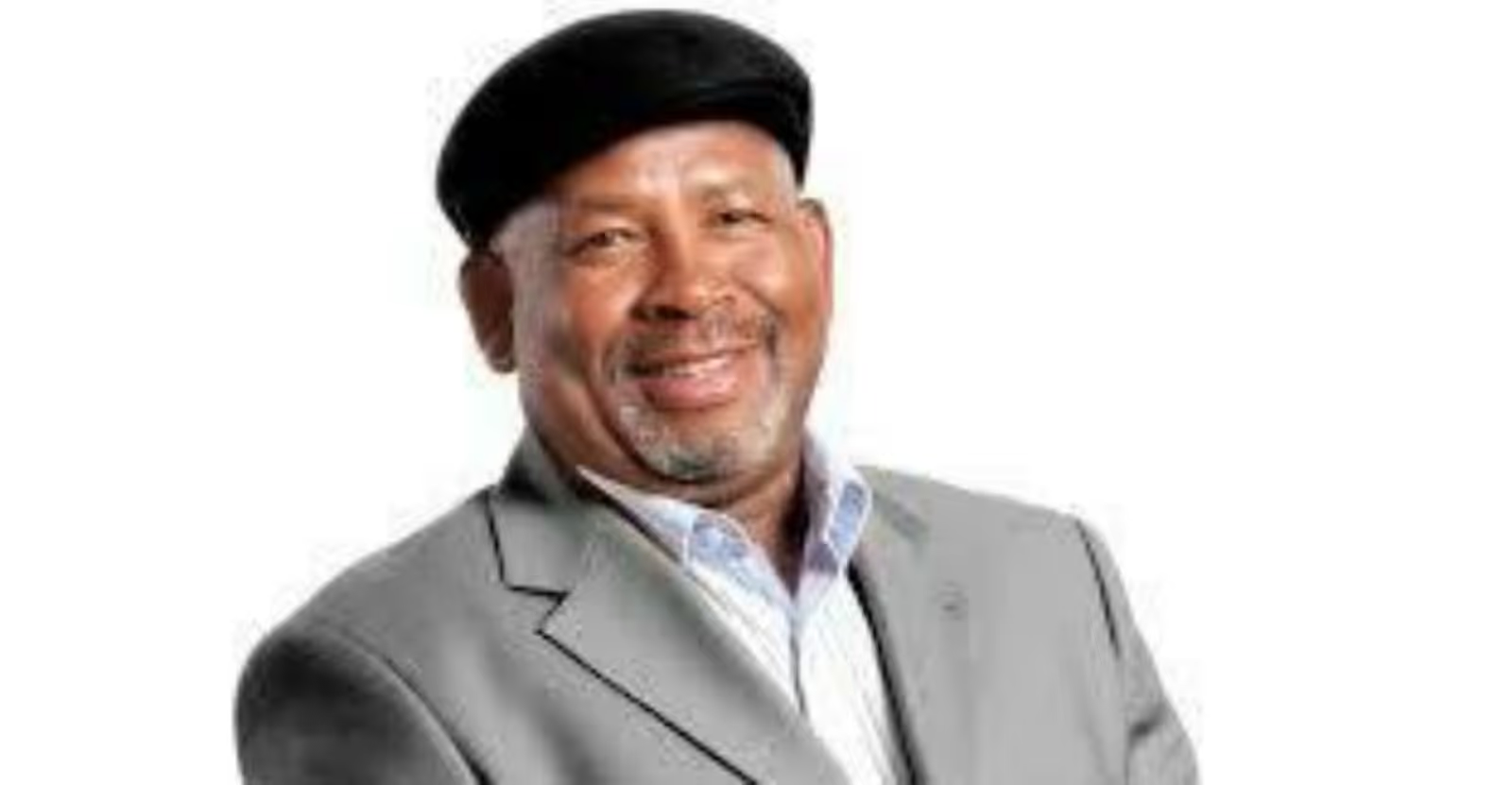
ANDRE DU RUYTER: January 2020-December 2022
De Ruyter was appointed strictly to lead the turnaround of Eskom into a functional public enterprise that provides the country with stable, reliable electricity. But by the time he resigned, the country experienced constant blackout lasting hours daily with constant generating units breakage. breaking of the . Minister of Mineral and Energy Gwede Mantashe even called De Ruyter a 'policeman' and accused Eskom of 'agitating for the overthrow of the state'. Following this remarks, De Ruyter resigned in December last year citing a loss of support from 'the broader political economy'.
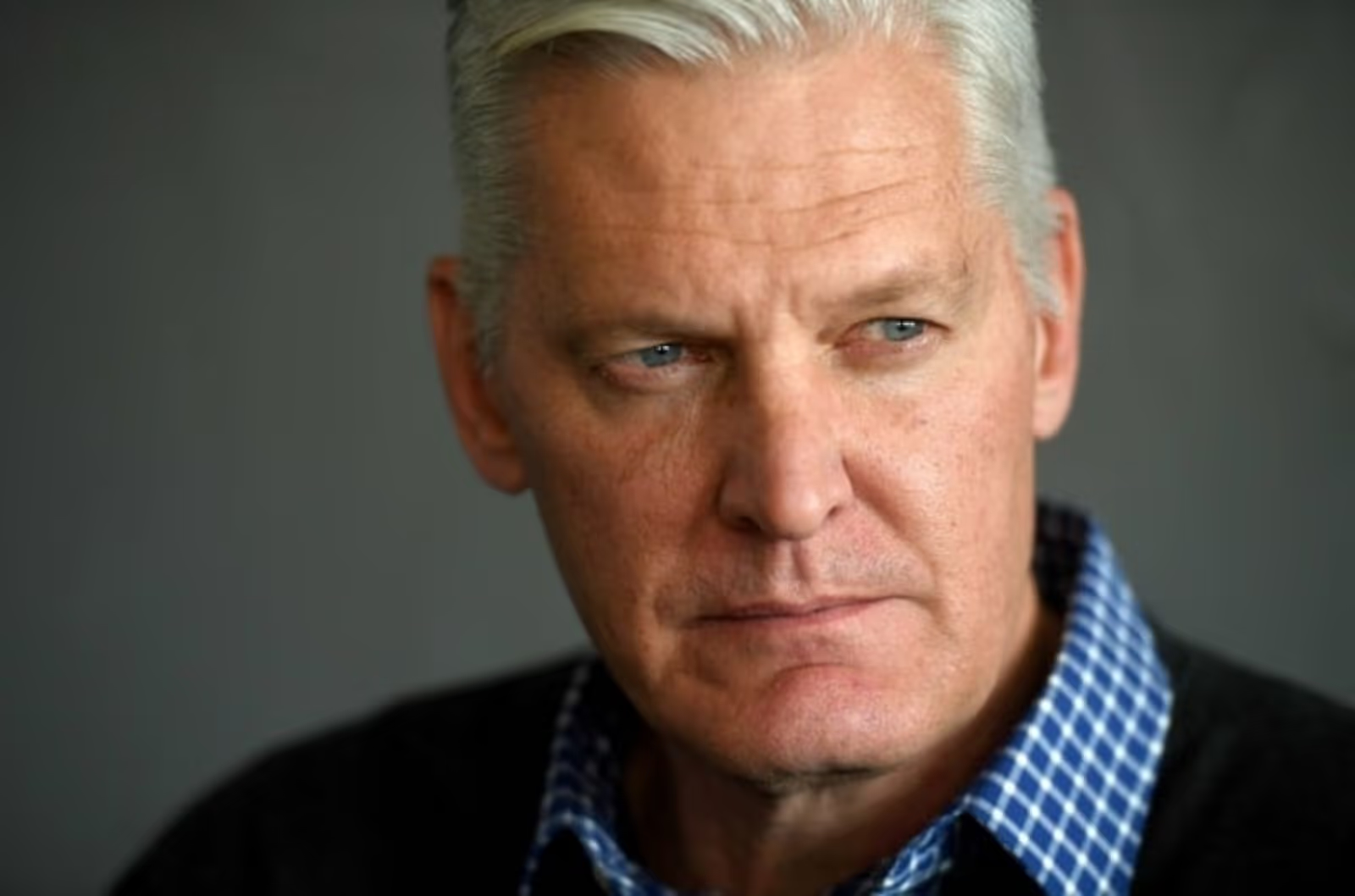
De Ruyter led Eskom for a difficult three years, cracking down on corruption that pushed the company’s debt to more than R400 billion. Du Ruyters raised eye brows on Tuesday during a TV interview where he blamed the government for corruption at the power utility calling Eskom the ANC’s ‘feed through’. He was immediately released, without completing his notice which was to end at the end of March this year. De Ruyter has since said that he will be leaving the country as he feared for his life. There has been loadshedding everyday in 2023 and the country is currently experiencing more than ten hours of no electricity daily. President Cyril Ramaphosa is yet to appoint the Minister of Electricity after making the appointment during the State of the Nation Adress earlier this month.




